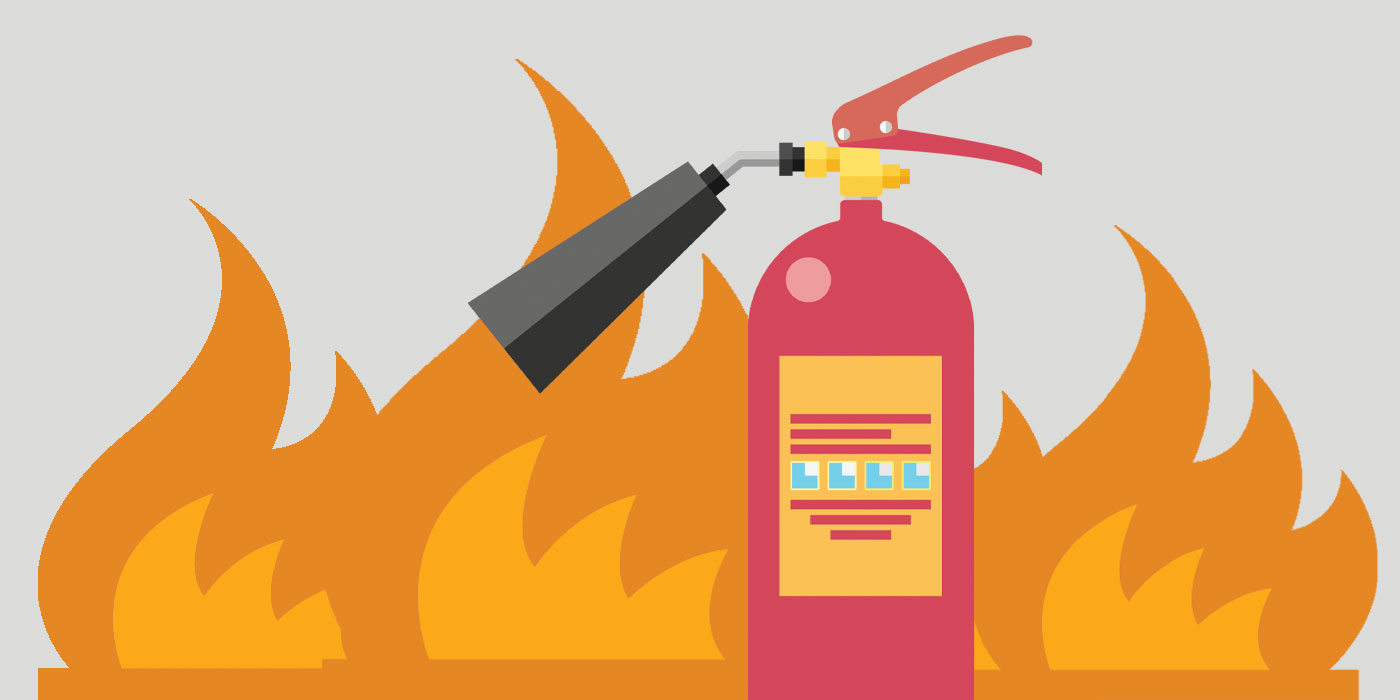The protection of fire is essential for any Sydney company. It’s not only legally required but an opportunity to keep employees, customers and property secured. Many of the hazards that could arise from an incident can be mitigated or mitigated with the right precautions. Regular inspections of fire hazards, regular testing of electrical systems and conformity with CFSP standards all contribute to create a safe environment.
Why fire inspections are vital for safety
Fire inspections provide the first protection against potential hazards. These inspections make sure that all the components of the building’s fire-protection systems are in good working order and up-to-date. Many businesses in Sydney are required to carry out inspections every six or twelve months a year, depending on their building type and the council regulations. A typical inspection covers everything from fire alarm panels and sprinkler systems to smoke alarms and hydrants to extinguishers, as well as emergency lighting.
The ability to detect the hidden problems and rectify the problem before they pose a risk is what makes inspections important. While it might not be important that a slight issue with a fire hydrant or smoke alarms that are blocked, can be fatal during an emergency. The owners of businesses who regularly inspect their fire hydrants are fulfilling their legal obligations and also taking precautions against unexpected disasters.
Testing and Tagging Testing and Tagging: Addressing Hidden Electrical Risks
Electrical systems are one of the leading causes of workplace fires, which is why testing and tagging should always be part of a fire safety plan. This involves testing electrical equipment to ensure it is safe, functional and compliant. This is followed by attaching a visible tag that indicates the item has passed an inspection. In many organizations it’s more than just a regular requirement it’s a way to protect against dangers that usually go by unnoticed.
If not checked, old wiring, defective appliances, or deteriorated cables can be fire hazards. By carrying out regular testing and marking, businesses decrease the likelihood of electrical problems leading to a fire outbreak. Also, it assures employees that their work environment is safe, creating trust and confidence in the workplace. Combined with fire inspections and testing, this complete security plan minimizes risks from a variety of perspectives.
The function of CFSP is to ensure compliance and certification
In New South Wales, only a Competent Fire Safety Practitioner (CFSP) is able to sign and certify important documents pertaining to fire safety such as Annual Fire Safety Statements. The introduction of CFSP certification has enhanced the standards for fire safety by ensuring that only qualified professionals can assess and verify safety. A partnership with a CFSP assures that reports and inspections aren’t just paperwork but are backed by reliable assessments from experts.
The CFSP’s job is more than performing checks on boxes. They evaluate the effectiveness and condition of fire safety systems and prepare comprehensive reports. They also verify the compliance of regulatory requirements. Firms that do not possess CFSP certification risk being fined, facing legal issues, or even shutting down if they are deemed to be insufficient with fire protection. Working with certified professionals will ensure that fire safety systems are being maintained in a proper manner and that compliance requirements are met without unnecessary stress.
Fire Safety is a Constant Engagement
Fire safety is an ongoing obligation for all business owners. Regular inspections and examination of electrical systems and a proper certification process through CFSP oversight create a cycle of safety that does not stop. This method is not just legal, but also encourages safety in the workplace. Employees feel more confident knowing that evacuation plans, smoke alarms, emergency lighting, as well as a fire suppression are all in place.
If you treat fire safety as an ongoing activity and not just a checkbox that needs to be checked annually, businesses can reduce risks while also enhancing their reputation. When safety is the top priority customers and clients are assured of their safety. In the long term, investing in proactive fire prevention saves cost by preventing costly damages, fines, and legal battles.
Conclusion
The safety of your property in Sydney requires a multi-layered approach that includes fire inspections, testing and tagging as well as professional certification by a CFSP. Each of these elements is crucial to ensure that businesses are in compliance with the regulations, and more crucially, that both people and properties are protected. Companies that place safety as an integral part of their business and not just a side note will be able to meet their legal obligations and provide a more stable, safe working environment.
